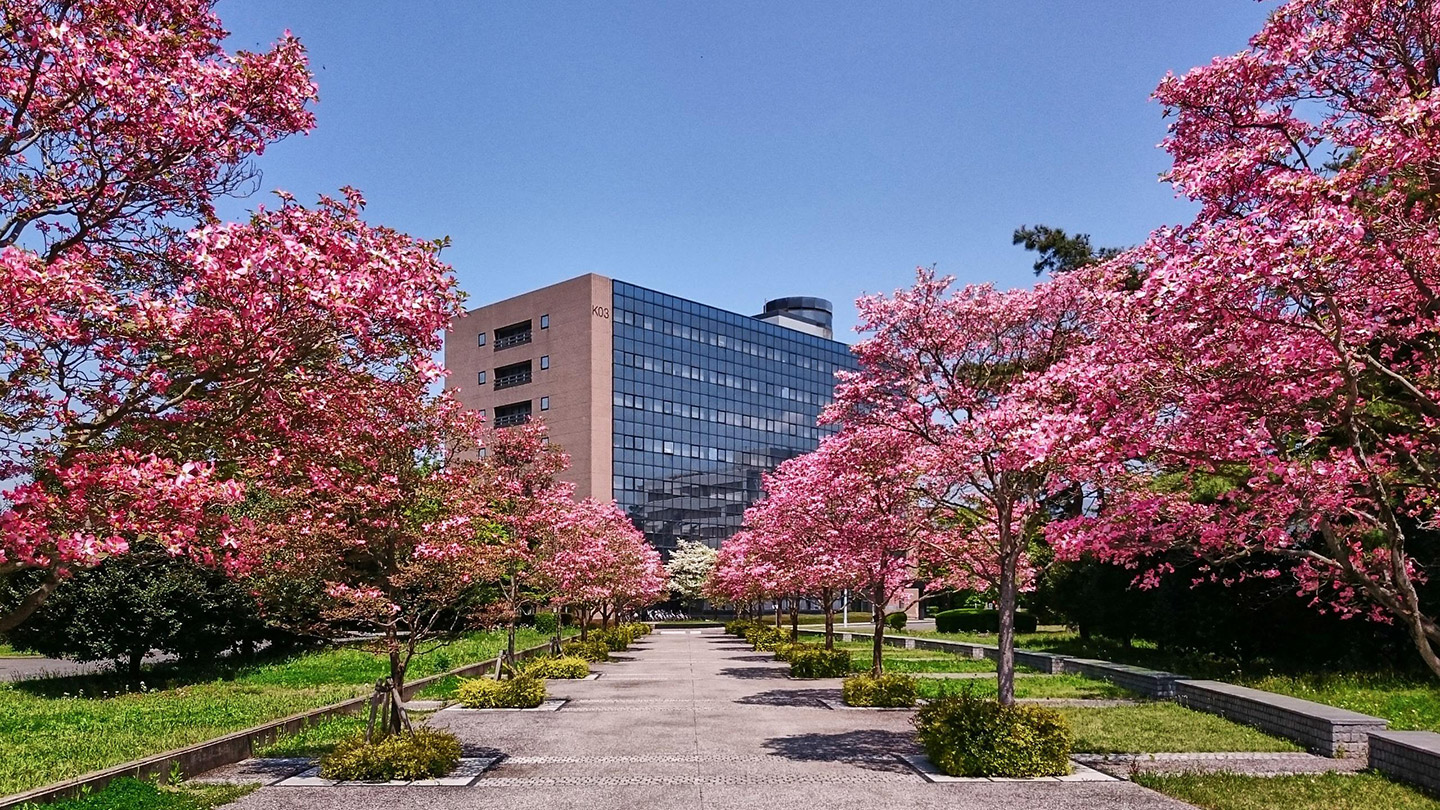

KEK is Japan’s high-energy accelerator research organization. The original facility in Tsukuba is now home to the SuperKEKB collider, where world-leading research into flavour physics is performed alongside other research programmes in particle and accelerator physics. The newer J-PARC facility in Tokai was founded in 2006, and is home to a high-intensity proton accelerator that provides a neutrino beam for the T2K experiment and serves other particle- and nuclear-physics experiments, as well as investigations into materials and life sciences.
CERN Courier laboratory correspondent: Hajime Hikino

 Read article 'Six rare decays at the energy frontier'
Read article 'Six rare decays at the energy frontier'
Andrzej Buras explains how two rare kaon decays and four rare B-meson decays will soon probe for new physics beyond the reach of direct searches at colliders.
 Read article 'A global forum for high-energy physics'
Read article 'A global forum for high-energy physics'
The directors of KEK, CERN, Fermilab and IHEP discussed a future global strategy at the 13th ICFA seminar.
 Read article 'Belle II back in business'
Read article 'Belle II back in business'
Having emerged from a scheduled long shutdown, the upgraded Belle II detector in Japan recorded its first collisions on 20 February.
 Read article 'A new TPC for T2K upgrade'
Read article 'A new TPC for T2K upgrade'
In the latest milestone for the CERN Neutrino Platform, a state-of-the-art time projection chamber for the near detector of the upgraded T2K experiment in Japan is now fully operat...
 Read article 'Event celebrates 50 years of Kobayashi–Maskawa theory'
Read article 'Event celebrates 50 years of Kobayashi–Maskawa theory'
150 participants from all over the world gathered to mark the generalisation of quark mixing to three generations and its implications today.
 Read article 'Superconducting detector magnets for the future'
Read article 'Superconducting detector magnets for the future'
Participants at the Superconducting Detector Magnets Workshop discussed the strong demand for developing future superconducting magnets.